on fairness
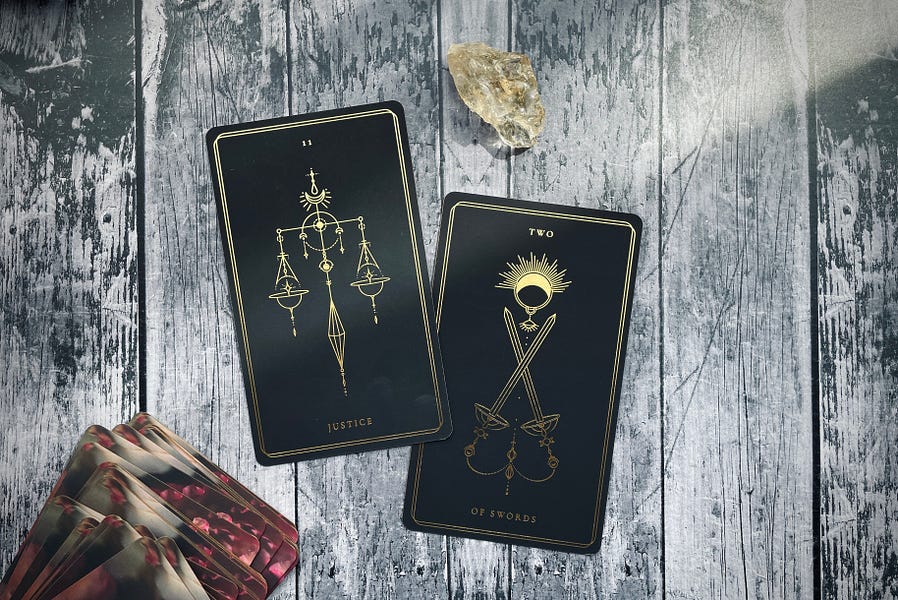
hello friends, and welcome to september.
it’s been a strange few months of moving and health issues, of travel, of trying to find spaces to settle and quiet even as work, ideas, new projects keep ramping up. i want to do everything and nothing, want to keep moving and also stay still, want to share and create and also hibernate, consider, observe. i want to have it all, as they say.
but time is time, and cycles are cycles, and some things are simply out of our control.
how to balance wants and needs, desires and realities, wishes and fears? how to unify rationality and intuition? how to be authentic and true to the self while also holding space for the collective, for society, for those whose values may not reflect our own?
deep breaths, everyone. let’s get into it.
on fairness
i started college in 2003 at the tender age of 17, with absolutely no idea how to do anything practical. my parents teased me (both then and now) about how i had no financial literacy, how i didn’t know how to write a check or balance a budget or think ahead, and it’s true — i wasn’t allowed to have a job growing up because it might interfere with my church responsibilities, so i babysat and picked beans at the local farm for pocket money. i didn’t have a great relationship with money: i just knew that we didn’t have a lot, but we had nearly enough, and that eventually, i would figure it out. god would provide.
like so many of my generation (i’m considered a geriatric millennial, for those keeping track at home), i was told that college, and the loans it required, were the only way to survive in the world. yet when i graduated in 2007 into an economic crisis, jobs were so scarce that eventually i went to grad school, hoping for a second chance, in spite of the second round of loans it required. i tried to be as responsible as possible, juggling multiple jobs, supporting my (now ex) husband’s work, and believing that eventually, financial stability would be within reach.
it’s been nearly 20 years since i signed those first loan papers. with interest, my loans have ballooned to over $170k. this debt, this giant weight that constantly lives on my shoulders, is so big that there’s no part of me that believes i’ll ever live without it. my loans may survive me, the worst kind of legacy.
i don’t say this to elicit pity, or to pretend that my story is unique. there are millions of us in the same position, many with far less privilege than i. i share this because with the recent student loan forgiveness announcement, a plan which is simultaneously unprecedented and not nearly enough, the grumbles about injustice are impossible to ignore.
the amount of student loans that are being forgiven in the current plan are life-changing for some, a drop in the bucket for others. yet there are loud, insistent voices that can’t stand the fact that for once, a proposal that financially favors some over others doesn’t prioritize them: the wealthy, the elite, the people that never had $100k+ of student loans in the first place.
these people call loan forgiveness unfair. i suffered, paid off my loans, so you should too. but what this obsession with fairness isn’t - what it will never be - is justice.
justice is not only an archetype of the individual. it falls in the second line of the major arcana, living firmly in the realm of the subconscious, considering how who we are impacts the ways that we behave, perceive, understand, relate. this is a line of responsibility, of awareness, of paying attention to what happens beyond our narrow sphere of experience and observation. how does who we are impact what we do?
justice is card eleven in the major arcana, which in pythagorean numerology we reduce down to two (1+1 = 2). and while the number two holds a lot of fascinating properties, while its energy can move in a variety of directions and destinations, two in tarot most directly points us back to that archetype of choice and observation, balance and intentionality, space and certainty: the priestess.
just like the minor arcana twos, which so often find us in liminal spaces, assessing and understanding, doubling down or doubling back, the priestess urges us to let our intuition speak. this isn’t just about looking at something critically or clinically, pushing all emotion to the side so that we can be as rational and clear-headed as possible. two is a number of love and partnership, of devotion, of compromise.
with the priestess, we consider how we are honoring ourselves.
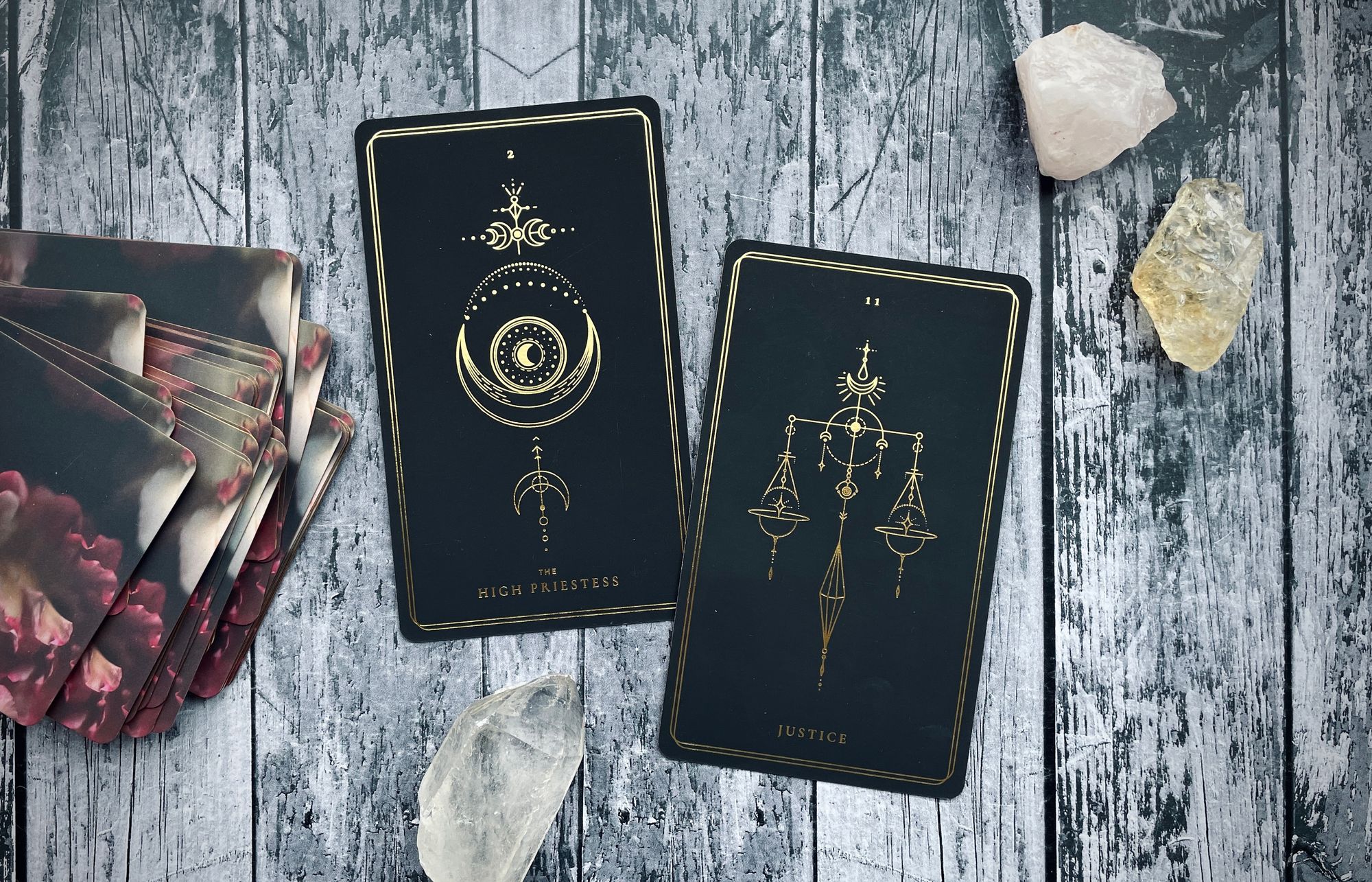
when we carry that two energy forward into the archetype of justice, it becomes less about a partnership with self and more about a partnership with society. how do we show up? what do we contribute? what we do we believe in, that we’re willing to share? how do we ensure that no one is left behind?
justice is not about making sure that we are never uncomfortable, about standing at the very top of the food chain, about manipulating the system to suit us specifically. instead it’s about remembering the needs of the many, considering what will help those in the most distress, honoring the ways that we all require different kinds of support and assistance in order to thrive. it’s about having our own ethics, and living by them.
justice is about seeing the world as it could be, in spite of the way that it is.
who makes the rules on equality, on fairness? who decides whose debt is worth forgiving, and who should be made to bear the full weight of it? how can anyone be completely impartial, unbiased, dispassionate?
i don’t believe people can be fully, absolutely neutral. i don’t think we’re meant to be.
so often, the arguments against this program willfully ignore the long-term impact of inflation and rising tuition costs, of the racial wealth divide, of the nature of predatory loans. people (to be clear: many of whom are white, straight, able-bodied, and privileged) are so caught up in their own experience, their own beliefs, that they can’t even comprehend the ways that others may be suffering.
these anti-loan-forgiveness arguments aren’t about justice. they aren’t even particularly logical. but seeing the slightest correction in a deeply flawed and broken system is enough to activate the cries of unfairness from those in positions of privilege and power. they see debt as an extra cost we are meant to bear for being ambitious, for wanting better, for craving more. they think we deserve to keep carrying it, even as theirs is easily forgiven and forgotten. they want us to keep being punished for having the audacity to need help.
it’s the opposite of fairness.
in the tarot, justice is about recognizing our own ideals, our own beliefs, our own perspective on power and community and mutual aid. it’s sitting in the truth of what we know, and letting that knowledge shape our ideas, our impact. it’s pushing that priestess energy outwards, allowing insight and wisdom to permeate our collective consciousness, learning from experiences and gaining new wisdom based on what we see, feel, recognize.
it’s also understanding that some rules come from us, and some do not.
we live in societies where not following laws has consequences (and, of course, where often the consequences of breaking those laws varies wildly based on who you are). but we also live within frameworks of manners and customs, systems of politeness and civility and respect, unwritten rules of professionalism and courtesy that cost something to break. we decide for ourselves which rules make us feel safe, and which leave us feeling stagnant.
but it’s hard to fully recognize those rules sometimes: the systems that we live within, the standards that we hold ourselves to, the shit that we’ve simply gotten used to enduring. we may be following old rules from childhood, rules that were made for different, younger selves. rules we never agreed with but can’t shed, forcing ourselves into a container we’ve outgrown. rules we keep forcing ourselves to accommodate, even when they no longer make sense, even when they cause us harm.
sometimes we gradually learn to rewrite these rules. other times, we get lost in them, can’t see the possibilities beyond them.
one name for this is trauma.
in hearing about collective and individual strife, in broadening our perspective about how others have lived, in remembering expectations and how they vary, in honoring the journey and trauma that some have endured, we all have the opportunity for growth. we have a chance to change, to expand, to understand more fully. we can explore the gap between what we wish was true and what actually is, can begin to trace a path towards the future that we want: not only for us but for everyone.
justice, in so many cases, could (should) also mean compassion.
this isn’t solely about what someone deserves, what they’ve earned, what we believe they’re entitled to. it’s also about keeping in mind who we each are, where we’ve come from, what we’ve endured, where we want to go. it’s about opening our minds to multiple perspectives, instead of sticking our heads in the mud and insisting on keeping everything the same. it’s listening to what people actually say, instead of projecting our worst fears onto them. it’s weighing our options and considering which actions reflect our values, our ideals, our dreams.
it’s allowing clarity and experience to amplify integrity, rather than suffocating it.
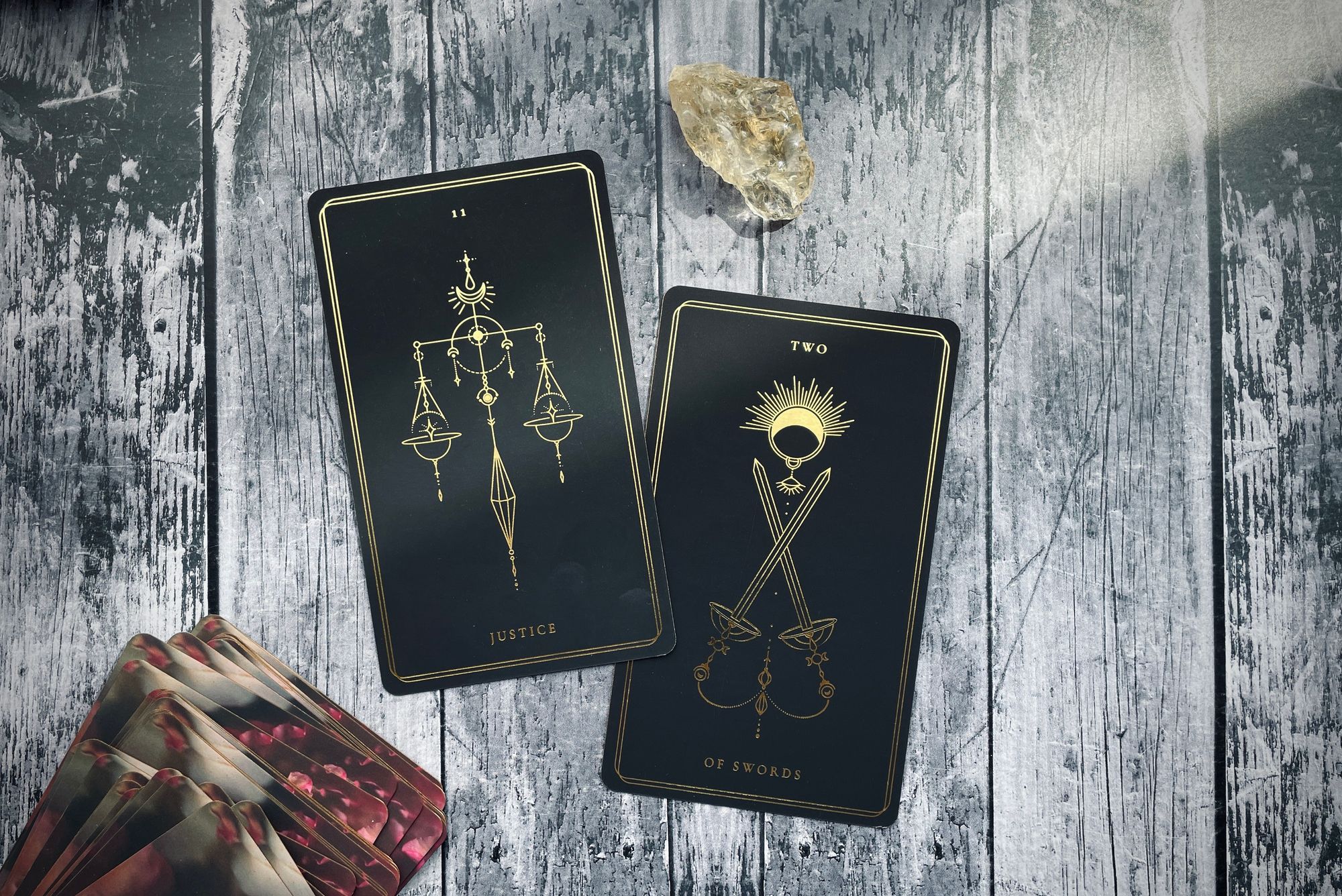
what do you believe in, truly? what resonates with you, feels right, motivates and encourages you? how do you work, play, connect, live within your values? where do you recognize injustice, and where are you blind to it, unaware of it, still learning to see it? what makes you want to shout, to fight, to organize?
what feels fair to you, down deep? and how often is that fairness balanced with true, authentic empathy?
have a beautiful september, friends.
images from this post feature cards from the soul deck. all photographs by meg jones wall.

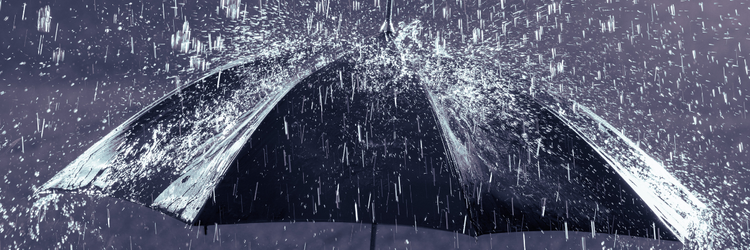
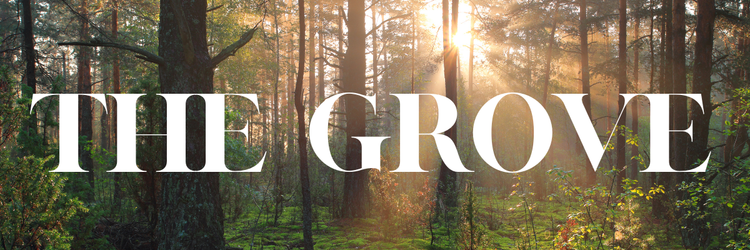
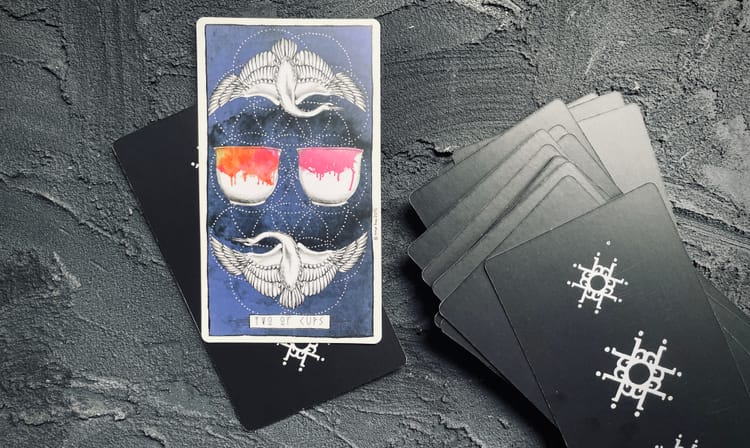


Member discussion